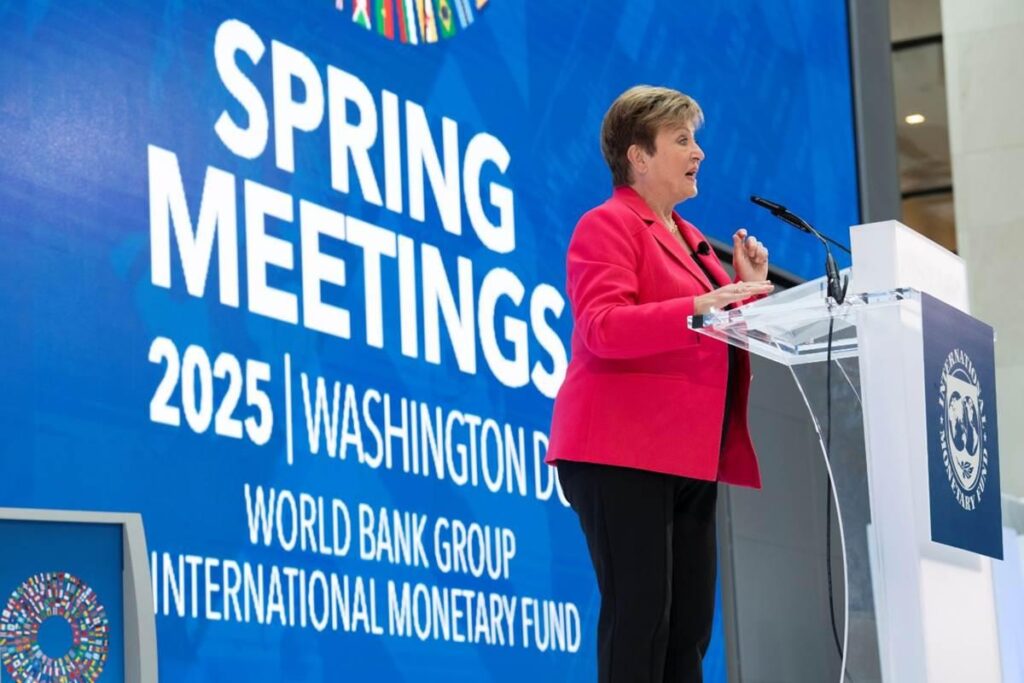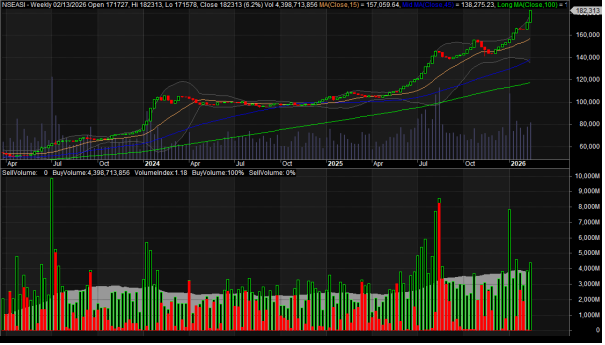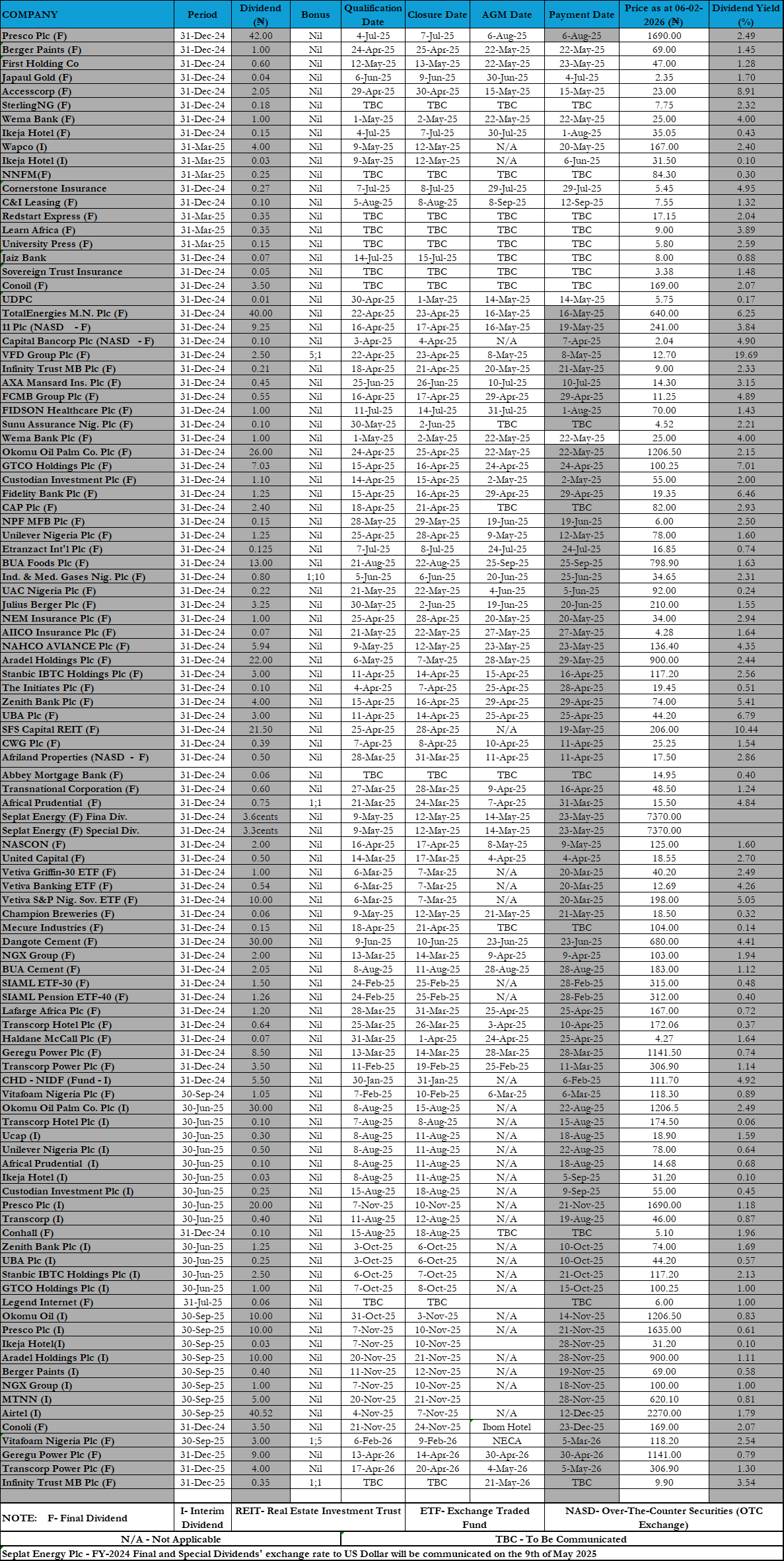
Global public debt is rising to historic levels and fiscal pressures are intensifying, IMF Director of Fiscal Affairs Department Vítor Gaspar warned Tuesday at the launch of the Spring Fiscal Monitor in Washington, D.C.
According to him, “the Spring Fiscal Monitor documents that global public debt is high and rising, approaching 100% of GDP by the end of the decade and surging above the pandemic peak. High debt, low growth, rising interest costs, spending pressures, and elevated policy uncertainty contribute to narrower fiscal space, making policy trade-offs starker and policy choices more painful.”
He emphasized that country-specific responses will be critical in maintaining stability and avoiding further deterioration in public finances.
“The fiscal monitor shows that public finance positions and prospects are very different across countries. Countries will need to first and foremost keep their own house in order. This involves three key priorities. First, fiscal policy should be part of overall stability-oriented macroeconomic policies. Second, fiscal policy should, in most countries, aim at reducing public debt and building buffers to create space to respond to spending pressures and economic shocks. Lastly, fiscal policies should, together with other structural policies, aim at improving potential growth, thereby easing policy tradeoffs,” he added.
Gaspar noted the importance of fiscal response during times of economic and financial distress, pointing to recent crises as key examples.
“If a crisis occurs, fiscal policy has an important role to play. First, it should support the central bank in its efforts to preserve financial stability and orderly market conditions. Such complementarity was crucial in recent episodes, as in the Global Financial Crisis and the pandemic. Fiscal policy should be counter cyclical. It is crucial that the public sector leans against the wind of private sector deleveraging. Otherwise, the crisis will be deeper and longer. But this requires fiscal space. Third, in extreme cases, public finance may be at the center of the crisis and timely and orderly debt restructuring may be required.”
Despite the risks, Gaspar struck a hopeful tone, calling for long-term thinking and collaborative action.
“In these times of high uncertainty, fiscal policy must be an anchor for confidence and stability that helps delivering growth and prosperity for all. A crisis is by no means a foregone conclusion. There is still a time to built a more balance, resilient, global economy. Ministers of Finance must build trust, tax fairly, spend wisely and take the long view.”













